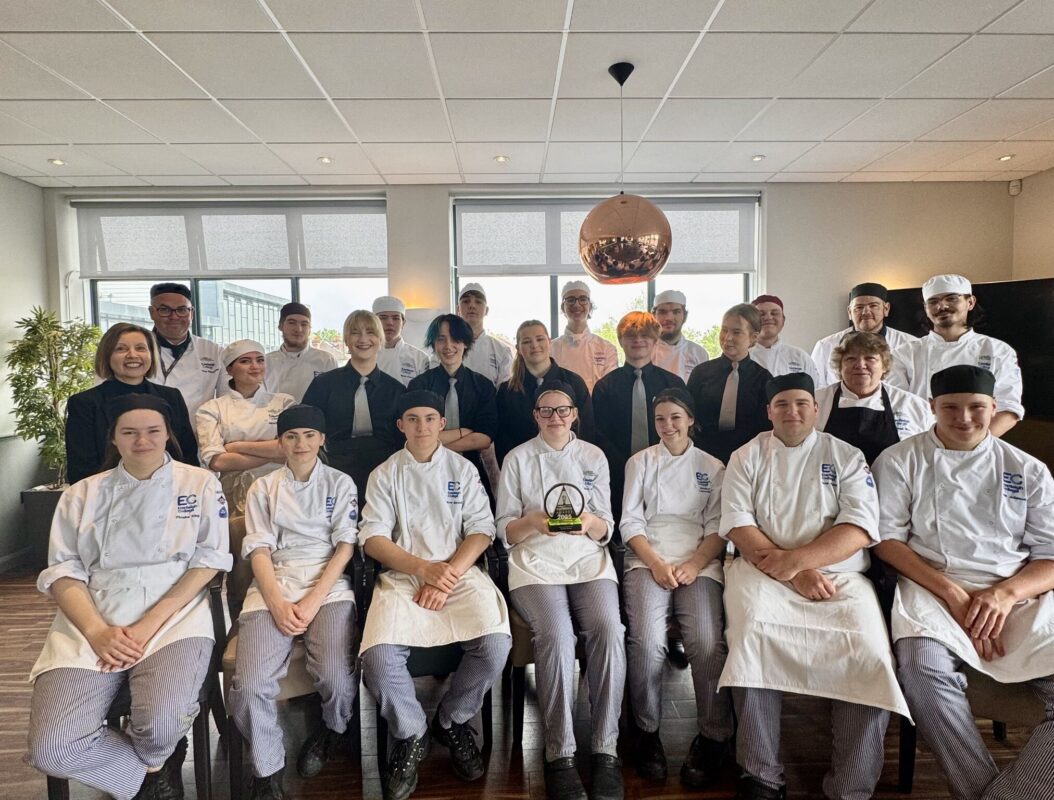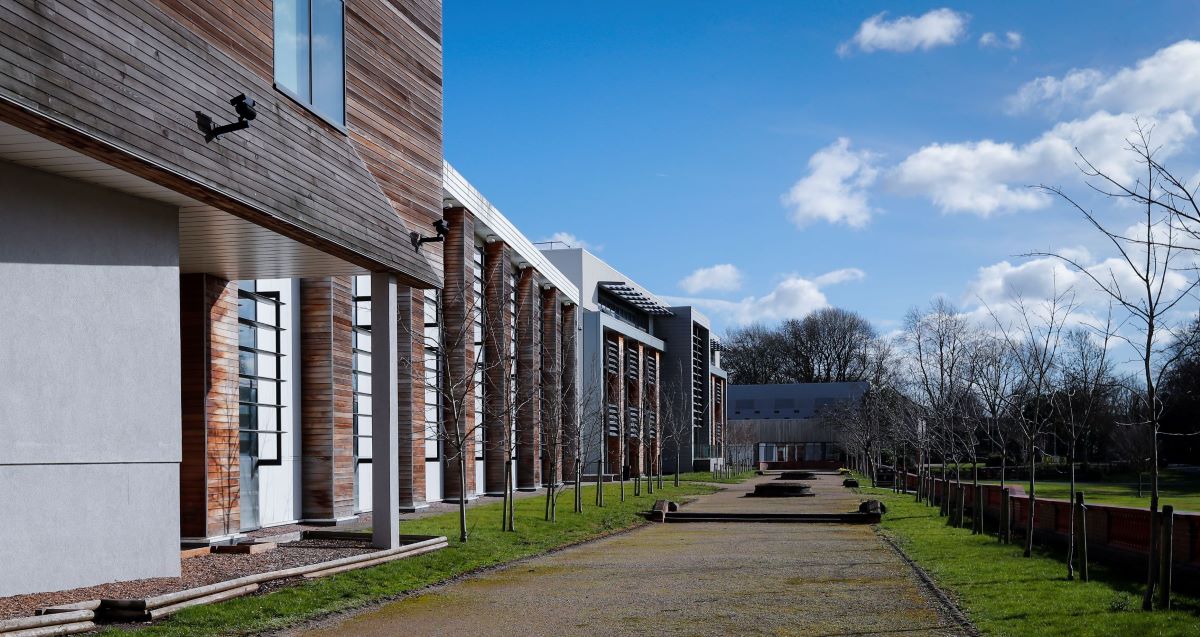Contextualised and Community-Oriented: Two C’s that are part of successful education interventions

WISE’s Niamh Whelan and Aurelio Amaral discuss the key steps in supporting impactful education projects that understand learner needs, build adapted and contextualised strategies and drive community-orientated collaboration.
Understanding learners’ needs, crafting educational strategies adapted to those needs and leveraging the community to implement them are key ingredients of impactful education projects. Yet, in an attempt to expand to different countries and regions, innovators and social entrepreneurs might fall into the trap of “one-fits-all” types of solutions. This year’s six WISE Awards winning projects are good reminders that collaborative models with contextualised interventions make a difference in learning outcomes and are not a barrier to growth.
Innovations highlighted in this year’s selection are impacting the lives of almost 30 million learners worldwide, those of whom are facing conflict and displacement, are in need of greater access to education, and more. In an era of polycrisis facing climate change, forced displacement, prevalence of social isolation and more, neoteric solutions to old- and new-age problems are ever needed.
To push through such challenges, we have identified four key steps that can support projects in leveraging their own assets, specific to their contexts, to enhance teaching and learning within their communities, in the face of such problems to extend equity and access to education.
Empower community members as catalysts of change
An article in the Stanford Social Innovation Review acknowledges strengthening the capacity of a network and empowering community members as key actions to shaping neighbourhoods, and are key to sustaining community practice and integration. Nature-Based Education Networks by OpEPA offers spaces for integration and active collaboration between schools and local actors to appropriate green spaces and create nature-based learning communities in urban landscapes across Latin America. By leveraging school students and teachers as multipliers of good practices and ethical behaviour to tackle environmental and social challenges, the Network encourages stronger ties between local ministries, youth and public/private institutions to activate diverse learning communities alongside the appropriation of green spaces across cityscapes. In supporting community members as active voices of change, ensuring diverse representation amongst stakeholders can strengthen collaborative purpose and action.
NaTakallam is a second strong example of diversity amongst stakeholders. In designing solutions that cater to displaced populations in partnership with K-12 institutions, this project leverages technology to tackle the challenge of millions of highly educated displaced persons and their host communities without access to income. Pedagogically, NaTakallam supports learning processes by providing input from a native speaker to their language programs, facilitating communicative sessions, and providing students with exposure to a range of dialects, all through the narrative of the refugee community. By leveraging the personal experiences of refugee tutors that work with NaTakallam, this project builds a platform for diversity, equity and inclusion in education, placing the refugee community at the heart of their work.
Create alignment with government and industry priorities
A recent UNESCO GEM report on Technology in Education reports that only half of countries have standards for developing teacher ICT skills, with teachers often feeling unprepared and lacking confidence in teaching with technology. In response to this challenge, Tekwill in Every School, an initiative in Moldova, has designed a national public private partnership that works to equip both teachers and students with practical skills on subjects related to jobs of the future. Courses on coding, software development, A.I., creative industry skills, social-emotional skills, and entrepreneurship are offered across 60% of Moldovan government high schools. The project takes a three-pronged approach: by enabling teachers to have the opportunity to facilitate these courses as part of their school program as elective subjects; by providing students with access to market-driven curricula content and lastly, responding to a global industry-driven priority.
Minimise barriers to community engagement
In designing and delivering relevant, localised content in local dialects, Rocket Learning is working to reduce barriers that persist in rural, low-resource regions across India. As an EdTech program, this solution offers Early Childhood learning content for children whilst providing support to parents (also via mobile texts) and Angawadi teachers in parallel. The recent OECD Education at a Glance report highlights the importance of high-quality ECE services and other provisions as a means to support parents’ work-life balance, providing them with greater opportunities to enter employment and combine work and family responsibilities. Such initiatives as Rocket Learning not only provide opportunity for learning in the early years, but also act as a platform to support families and communities bottom-up across digital spaces, working to reduce discrepancies in access to education across the global south.
Blend external knowledge with locally-developed approaches
Contextualising responses to “glocal” education needs has been a prevailing trend over recent years, enhanced by greater connectivity, cross-border collaboration and bilateral agreements over time. In moving away from westernised schools of thought, emerging solutions from the global south are expanding beyond western approaches to teaching and learning, by offering more contextually-relevant, inclusive processes and tools to enhance learning that specifically reflect the realities of the global south – often constrained by limited resources, higher rates of adult illiteracy and lower rates of investment in education. ICAN, the International Common Assessment of Numeracy, responds to the need for a comparable, low-cost assessment that meets these realities by designing a simple-to-use and scalable tool that measures children’s foundational numeracy, designed to monitor progress of SDG 4.1.1 (a) and is aligned to the Global Proficiency Framework, made available in the public domain.
Similarly, Ahlan Simsim combines the IRC’s locally owned program models focusing on communities affected by crisis, with the global impact of Sesame Workshop’s educational media. The program is supported by diverse partners including Ministries of Education, Health and Social Development. Its offerings available in Arabic support parents, children and caregivers across the MENA region.
Contextualising solutions and mobilising communities require a lot of work, but putting this at the heart of an education intervention offers a more solid ground to scale whilst maintaining the impact. The WISE Awards spotlight 6 successful initiatives every year and connect them with our growing WISE Awards network, which comprises 90 winning projects across 150 countries over the last 15 years. This year’s WISE-Awards winners will be celebrated in Doha in an exclusive ceremony held during WISE11, the global biennial Summit taking place from November 28-29, 2023.
By Niamh Whelan and Aurelio Amaral, World Innovation Summit for Education
FE News on the go…
Welcome to FE News on the go, the podcast that delivers exclusive articles from the world of further education straight to your ears.
We are experimenting with Artificial Intelligence to make our exclusive articles even more accessible while also automating the process for our team of project managers.
In each episode, our thought leaders and sector influencers will delve into the most pressing issues facing the FE sector, offering their insights and analysis on the latest news, trends, and developments.












Responses